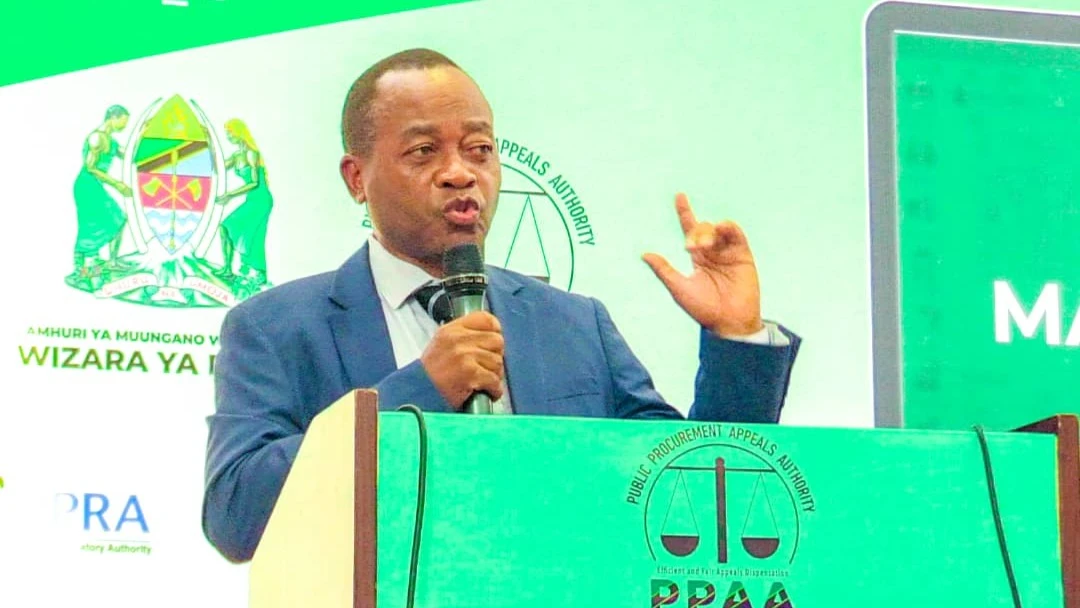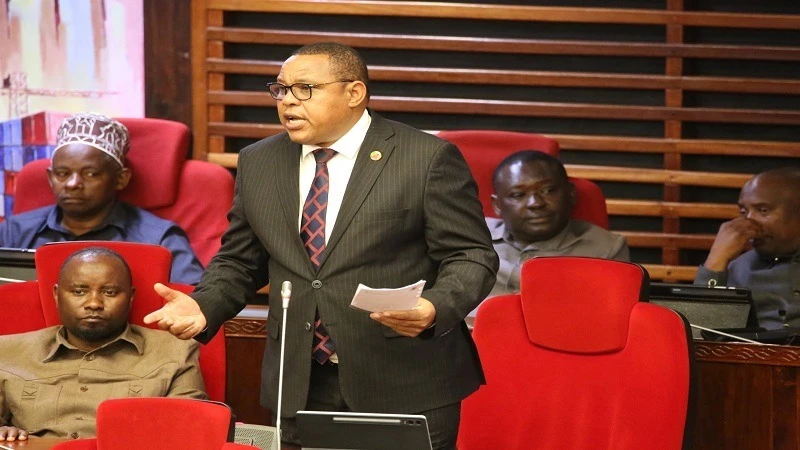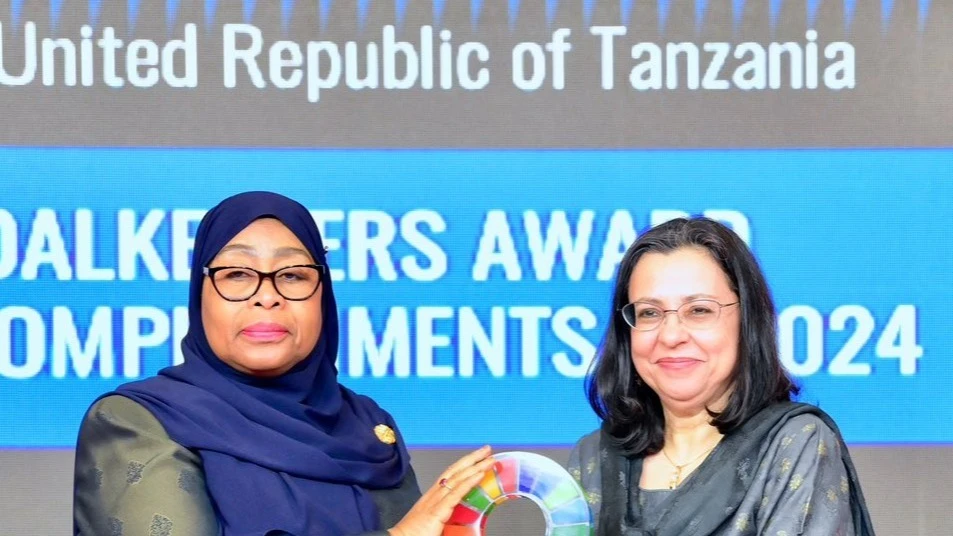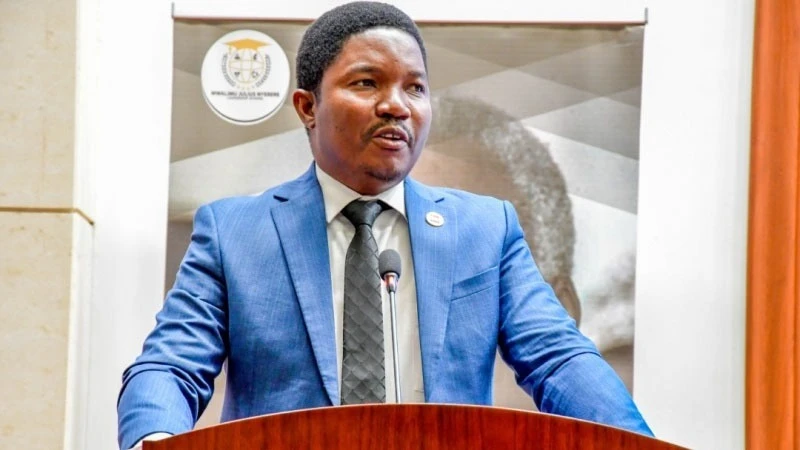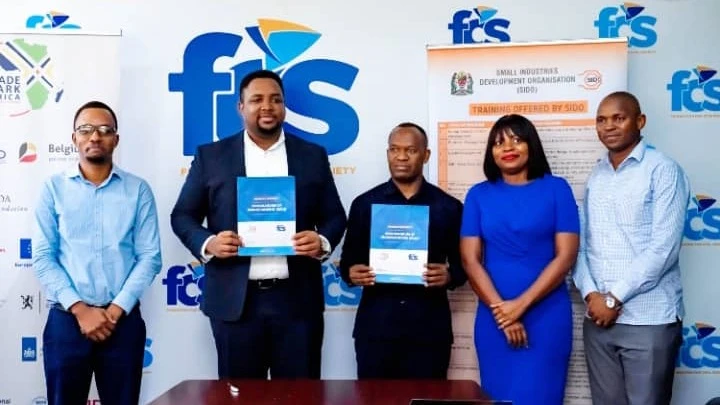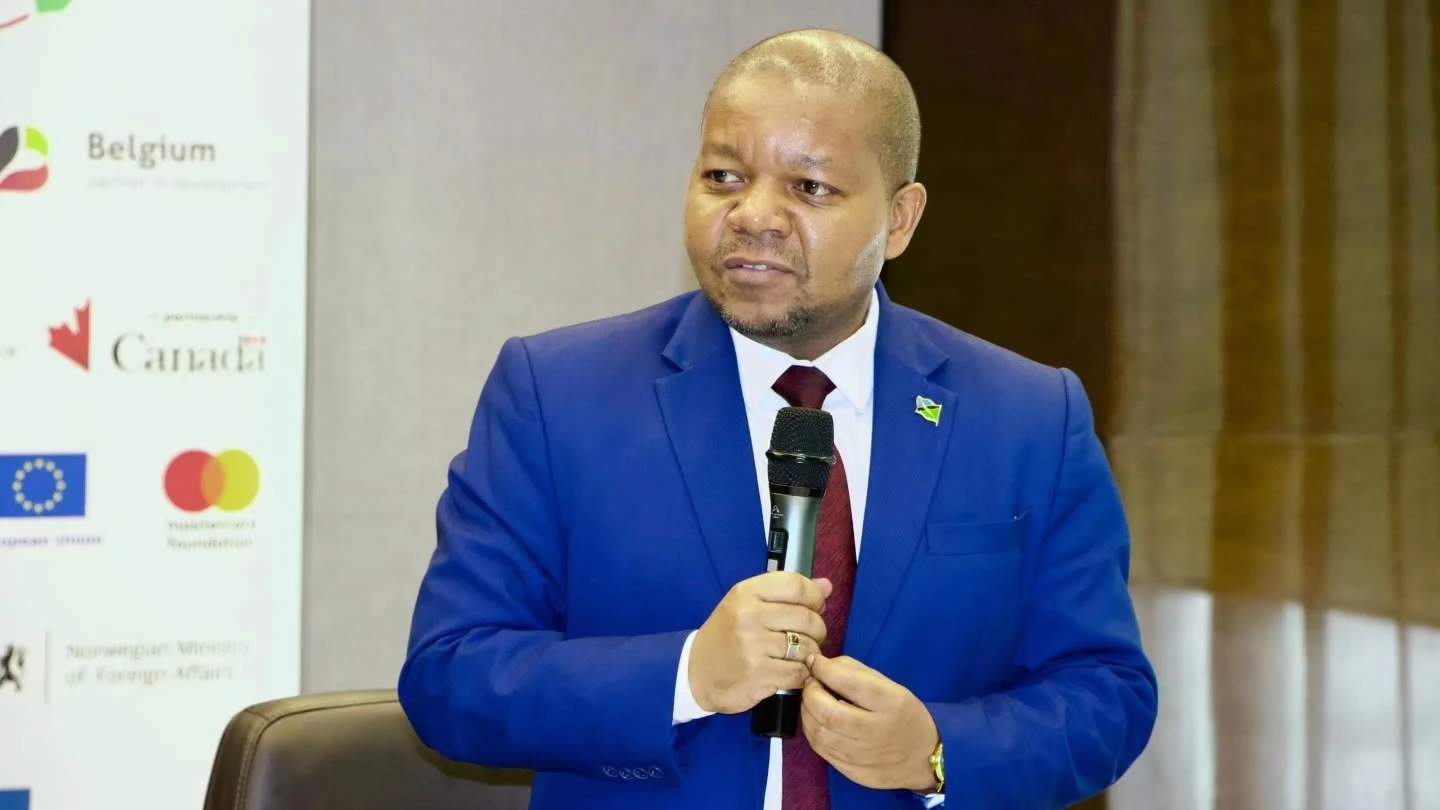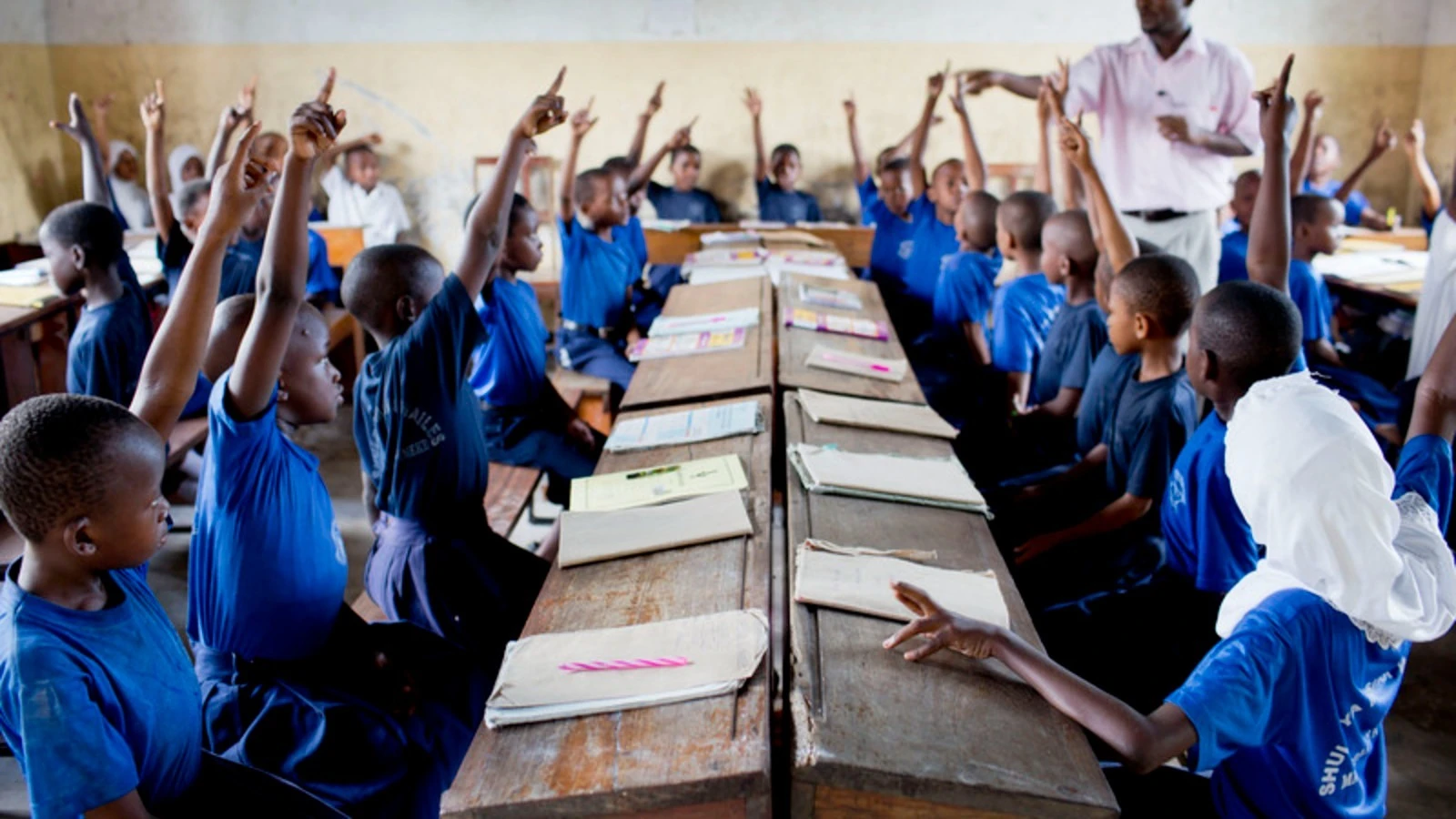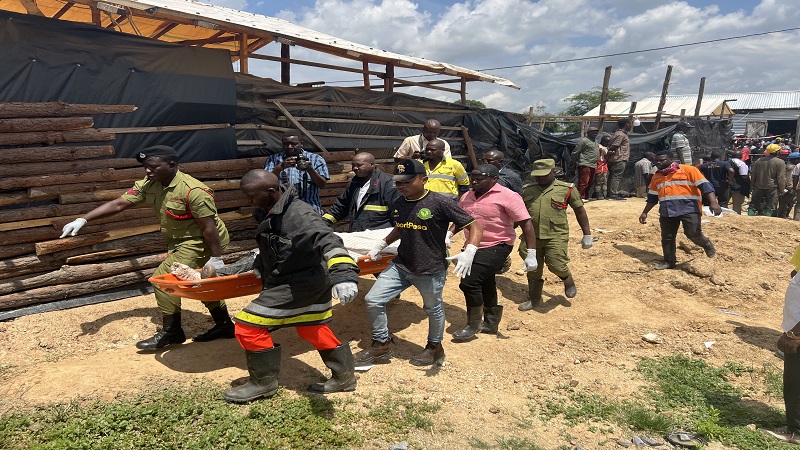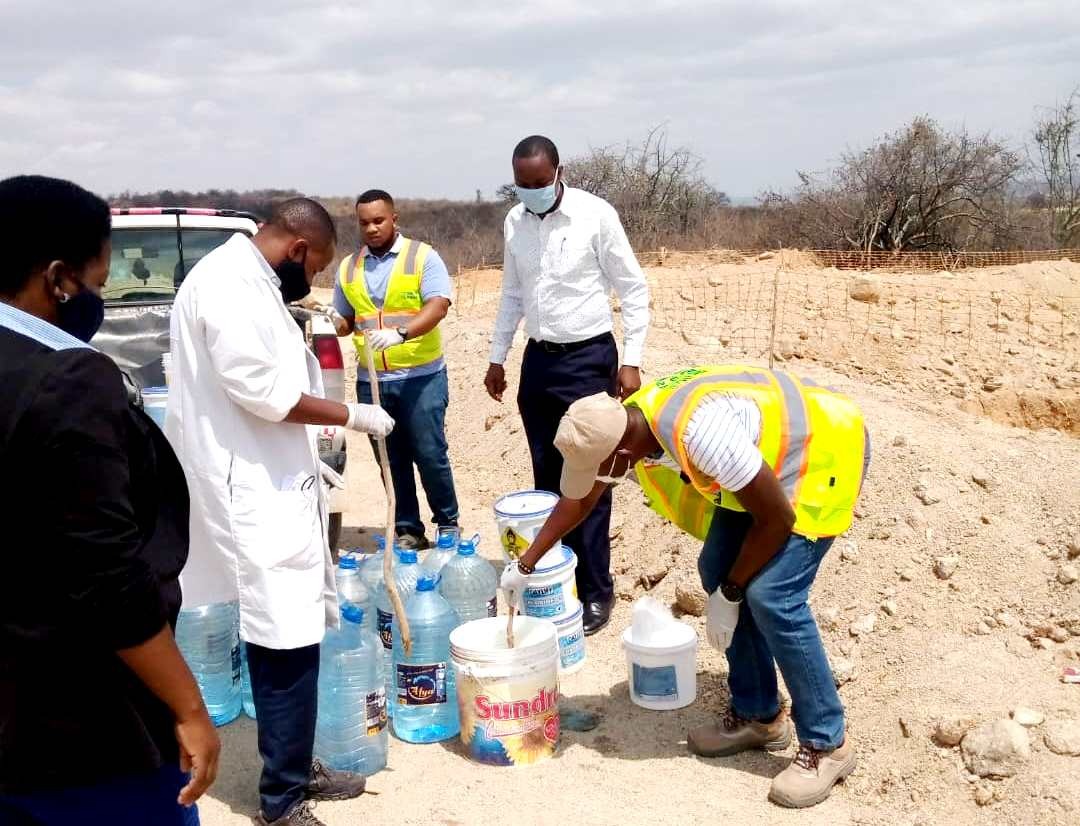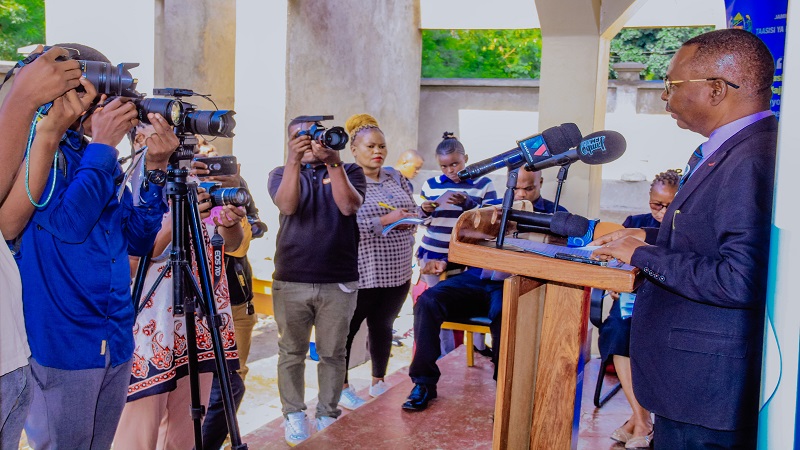Parents urged to allocate land for agriculture
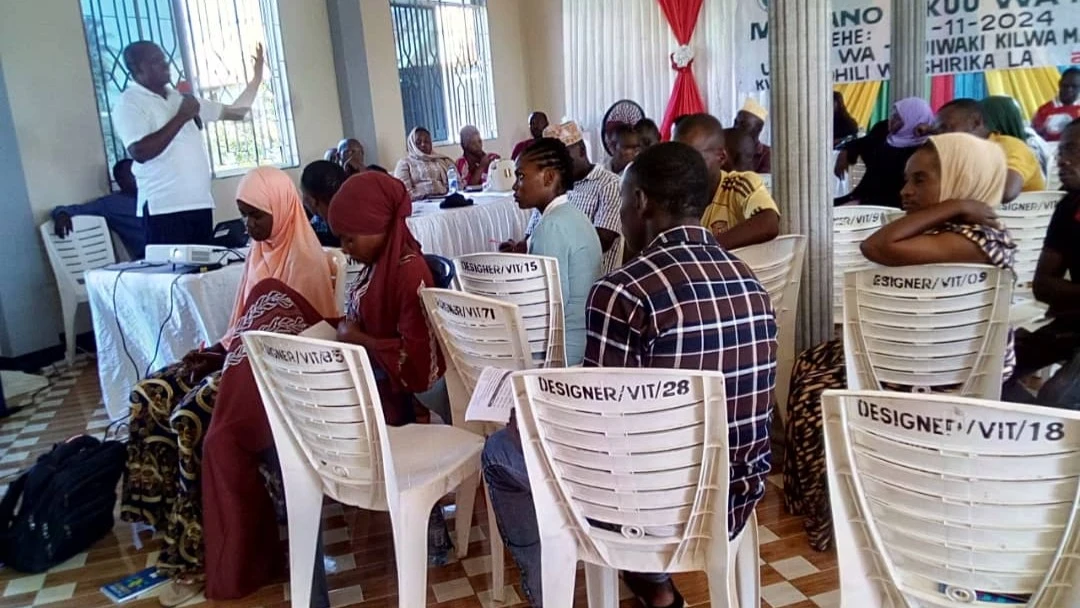
Parents and guardians in Kilwa District Council, Lindi Region, have been encouraged to allocate land to youth, enabling them to engage in sesame and cashew nut farming to uplift their economic status through agriculture.
Jacob Kateri, a facilitator from Education and Research on Democracy in Africa (ERED AFRICA), made this call recently during the launch of Kilwa Youth Development Initiatives' (KIYODI) three-year Strategic Plan. The event was attended by KIYODI members, ActionAid Tanzania staff, and Kilwa Community Development Officers.
“We are requesting land for the youth because the land is owned by the parents, and the youth want to farm,” Kateri said.
Kilwa is recognized for sesame and cashew nut farming—two vital cash crops with the potential to significantly empower the youth economically.
KIYODI’s strategic plan, developed with funding from ActionAid Tanzania, aims to guide its activities over three years. The plan focuses on economic, political, and social empowerment of youth, promoting gender equality, good governance, and accountability. It also supports agriculture, environmental protection, food security, and institutional growth.
“For the youth to benefit from sesame and cashew nut farming, education on climate change is important,” Kateri emphasized. “Kilwa is vulnerable to flooding and drought, so it is crucial to teach the youth how to adapt to climate change.”
He stressed that young farmers must take precautions against climate-related challenges and called for experts in agriculture, climate change, natural resources, and land management to provide education.
Kateri highlighted the critical role of donor support in addressing climate change, noting the need for financial resources to implement modern agricultural techniques, tools, and equipment suitable for climate adaptation. He also advised KIYODI members to use their platform to seek funding and tap into government programs to enhance their livelihoods.
“You should also increase creativity in your activities and identify areas where technology can be leveraged to access opportunities and improve productivity,” he added.
He applauded ActionAid Kilwa for helping the youth develop a comprehensive strategic plan. “It is my hope that the youth will become part of the decision-making process through this strategy,” he said.
Kateri encouraged the youth to contest leadership positions in elections and cooperative societies to advocate for employment opportunities and access to capital. He also advised KIYODI members to use youth reflection forums to discuss challenges, join networks, and exchange experiences with other groups.
“Before implementing the strategy, conduct research to understand the economic situation of the youth across Kilwa’s wards, assess their education levels, skills, opportunities, and specific needs,” Kateri suggested. This research would help stakeholders initiate tailored projects to address these needs effectively.
Kassim Kambwily, the agriculture officer for Kilwa District Council, urged KIYODI to include education on men’s rights in their platform, noting that many women in Kilwa are now aware of their rights, unlike in the past.
“As youth, prepare for your future. Cultivate sesame, but also focus on cashew nut and mango farming—these crops will support you financially when you are older,” he advised.
He encouraged young people to plant cashew trees alongside their crops and to contest leadership positions in Agricultural and Marketing Co-operatives Societies (AMCOS).
“Join these associations and run for positions like secretary. Many elders don’t know how to use computers; this is an opportunity for you to modernize these institutions,” he said.
Kambwily urged KIYODI members to use the M-Kilimo App, a digital platform introduced by the Kilwa District Council to connect farmers with buyers and provide agricultural business solutions.
“Youth and other farmers are required to register in the system. You can use your mobile phone or visit an agricultural officer for assistance,” he explained. The app helps farmers secure local and international markets and digitize their farming activities.
“Some farmers in Kilwa have already started using the app to promote and sell their produce,” Kambwily added.
Said Malenga, the secretary of KIYODI, expressed gratitude to ActionAid Kilwa for supporting the organization in formulating its new strategic plan.
KIYODI currently has 200 members, including 125 men and 75 women, and operates in 10 wards such as Kilwa Masoko, Mandawa, and Namayuni. It has established 10 youth reflection groups with 221 members, engaging in entrepreneurship ventures like horticulture and motorcycle taxi businesses.
Malenga noted that the training from ActionAid boosted his confidence to contest for leadership roles traditionally reserved for older individuals.
Top Headlines
© 2025 IPPMEDIA.COM. ALL RIGHTS RESERVED












